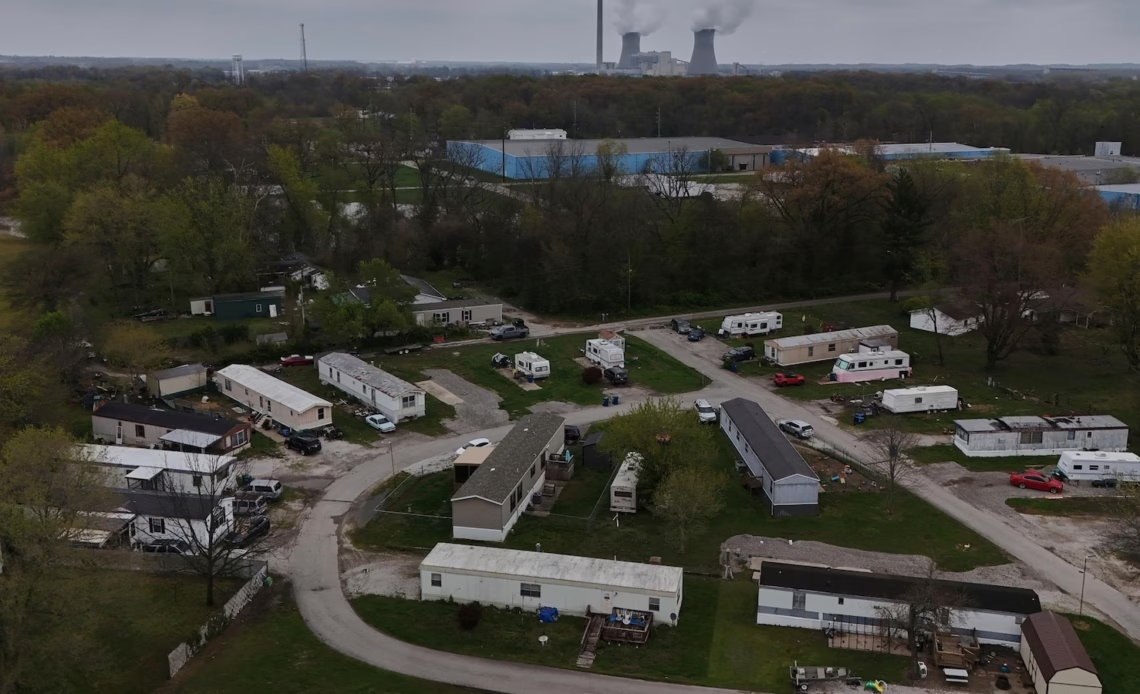When the head of the Environmental Protection Agency announced a wide-ranging rollback of environmental regulations, he said it would put a “dagger through the heart of climate-change religion” and introduce a “Golden Age” for the American economy.
What Lee Zeldin didn’t mention: how ending the rules could have devastating consequences to human health.
The EPA-targeted rules could prevent an estimated 30,000 deaths and save $275 billion each year they are in effect, according to an Associated Press examination that included the agency’s own prior assessments as well as a wide range of other research.
It’s by no means guaranteed that the rules will be entirely eliminated; they can’t be changed without going through a federal rulemaking process that can take years and requires public comment and scientific justification.
But experts say the numbers are conservative and that even a partial dismantling of the rules would mean more pollutants such as smog, mercury and lead — and especially more tiny airborne particles that can lodge in lungs and cause health problems. It would also mean higher emissions of the greenhouse gases driving Earth’s warming to deadlier levels.
“More people will die,” said Cory Zigler, a professor of biostatistics at Brown University who has studied air pollution deaths from coal-fired power plants. “More of this type of pollution that we know kills people will be in the air.”
The AP set out to look at what could happen if all the rules were eliminated, by first examining exhaustive assessments the EPA was required to produce before the rules were approved. Though the agency’s priorities can change as presidential administrations change, the methods for the assessments have been largely standard since Ronald Reagan’s presidency and are deeply rooted in peer-reviewed scientific research.
The AP used those and eight different government and private group databases for its estimate of financial costs, some death estimates and analysis of pollution trends. AP performed additional analysis of potential deaths by drawing on peer-reviewed formulas and scientific research on the impacts of increased heat and pollution. And AP vetted its work with multiple outside health experts, who said it is scientifically justified, but likely an undercount.
Multiple experts say the science behind the rules is strong, and they pointed to the rigorous process that must be followed to change them, including requirements for public…
Click Here to Read the Full Original Article at ABC News: Business…

